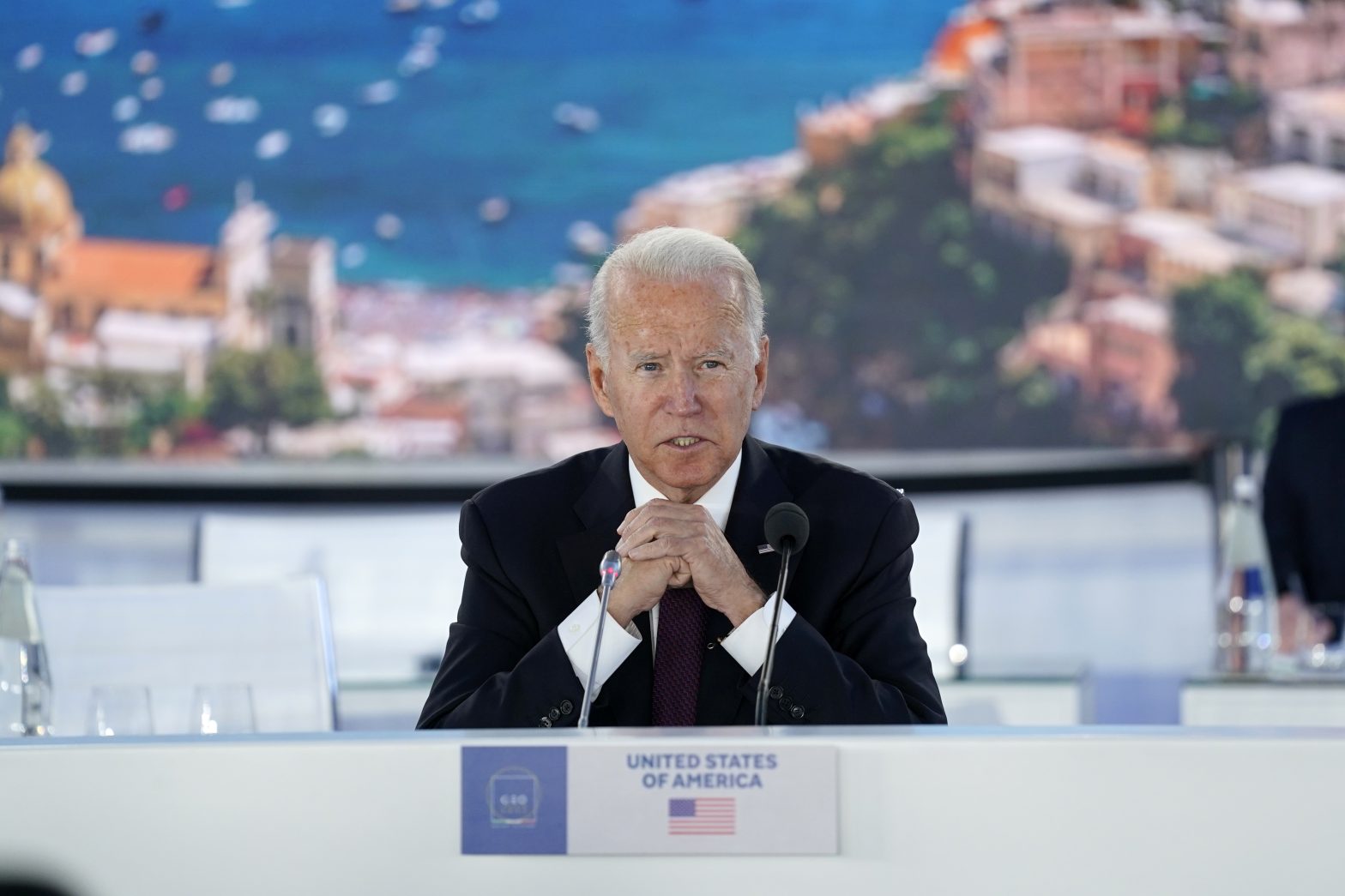America Needs a Shockproof Supply Chain
COMMENTARY

As a retired colonel in the U.S. Marine Corp, my life has depended on having the proper personal protective equipment more than a few times. My experience has taught me the importance of adequate protection on the battlefield, and the recent uptick in COVID-19 cases is an unfortunate reminder that our hospitals are a front we cannot afford to neglect. The Delta variant has forced our health care heroes onto the medical battlefield once again, and it is crucial that we ensure they have access to the PPE they need this time around.
Our current predicament is a long time coming: for too long, we have relied on single suppliers for key pieces of equipment, resulting in a supply chain vulnerable to delays and recalls. While our government in theory prioritizes contracts with diverse and small business suppliers, the reality is that these suppliers are often eschewed for large corporations with overseas manufacturing. Especially when our health care workers need all the protection they can get, it is no longer enough to rely on single sources of PPE. We must use all the resources at our disposal to strengthen the reserves of our Strategic National Stockpile and ensure access to federally approved equipment for first responders and medical professionals.
What America needs is a shock-proof supply chain. We need a system that is reliable and flexible enough to not only avoid deepening the vulnerabilities in our health care system, but one that increases our preparedness in the face of future crises. Specifically, we need a more diversified portfolio of domestic manufacturers contributing to our SNS that keeps our domestic manufacturing lines warm and relevant, not just the favored manufacturers that have long relied on materials and manufacturing overseas. In a recent visit to our Brooklyn facility, Rep. Nydia Velásquez, D-N.Y., Chairwoman of the House Committee on Small Business, reiterated that investing in our local economy to strengthen our critical supply chains and boost our workforce is a must, now more than ever. Representing more than 32 million small businesses in the U.S., Small Business Administrator Isabella Casillas Guzman also joined the visit and emphasized the important role that small businesses play in protecting U.S. health care workers.
President Biden’s executive orders to buy Made-in-America materials and revamp the SNS represent steps in the right direction. They signaled the need to re-shore manufacturing jobs, specifically for critical industries vital to the strategic health and security of the U.S. and its citizenry. More recently, Biden’s remarks about global supply chain bottlenecks reiterated the need to invest in American-made production and manufacturing. However, the Administration must go further, mandating the use of all available, quality domestic manufacturing and resources by the Department of Health and Human Services. Without the decision-makers at these agencies being held accountable and incentivized properly, the president’s executive orders will remain impotent. The Department of Health and Human Services has dragged its feet to expand its solicitations to attract and use domestic manufacturers for long enough, and COVID-19 cases and the medical professionals who treat them aren’t waiting for our bureaucracy to respond.
In addition to the White House, Sen. Schumer continues to lead efforts in Congress to prioritize Made-in-America initiatives, as exemplified in the Senate-passed infrastructure bill. To meet the needs of the ongoing pandemic and expand PPE manufacturing in the U.S., the proposed legislation requires long-term contracts — with a minimum of two years — for domestically manufactured PPE. It also recommends strategies that incentivize investments in our domestic PPE supply chain, ensuring that the U.S. is fully prepared for future public health emergencies. The House of Representatives must ensure passage of this and similar critical legislation as quickly as possible if we are to shore up our resources now, when our health care workers need them most.
Finally, we can ensure the availability of necessary protective medical equipment through the establishment of a Manufacturing Reserve Corp. This pre-approved network of domestic manufacturing companies would gradually build out the SNS and provide an ecosystem of medical products based right here in the U.S. The next time a public health crisis occurs, our supply chains would sustain our critical needs and keep our health care heroes protected.
America has the resources and domestic manufacturers needed to fill the PPE gaps now and well into the future, but we must view filling these gaps as a national security priority and a foundation for a credible national resource strategy. Domestic manufacturers are up to the challenge. The question remains if our leaders will follow through with more than rhetoric or policy watered down by the companies that offshored lifesaving capacity and left Americans vulnerable to adversaries who leveraged a strategic vulnerability.
The White House and legislative efforts on this front are signs of movement in the right direction, although more must be done. Administration accountability, incentivizing federal and state organizations, congressional action, and out-of-the-box solutions to shore up our SNS are just a few of the ways we can and must make our supply chain truly shockproof.
Giles Kyser is a retired U.S. Marine Corps Colonel and the CEO of American PAPR, a Brooklyn-based manufacturer of NIOSH-approved Powered Air-purifying Respirators used by medical professionals treating infectious diseases.
























